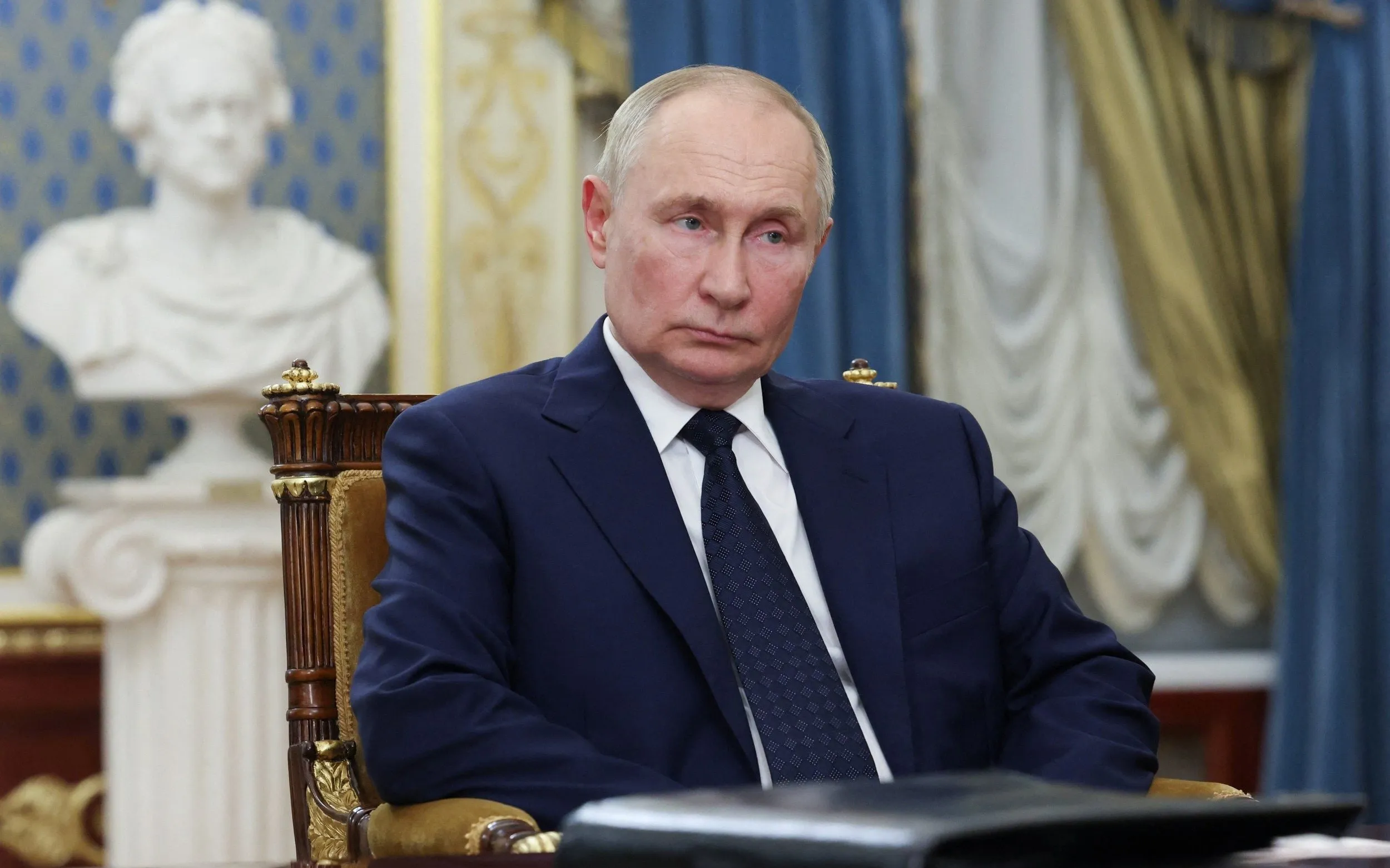T: Analyzing Putin's Empty Threats and His Fear of Western Unity in Global Politics

T: Understanding Putin's Empty Threats
In recent times, President Vladimir Putin has issued numerous empty threats that seem more rooted in fear than confidence, especially regarding the unity of Western powers. As tensions rise in relation to the Russia-Ukraine war and the response from NATO, it becomes evident that the underlying anxiety stems from the collaboration seen among Western allies, particularly when juxtaposed with China's geopolitical maneuvering.
Key Factors Influencing the Political Landscape
- Russia's Deteriorating Position - The ongoing conflict has left Russia isolated.
- Western Unity - Increased cooperation among US, EU, and NATO has shifted dynamics.
- China's Growing Influence - The role of China complicates Russia's geopolitical calculations.
As Putin struggles to maintain control, leaders such as Volodymyr Zelenskyy are capitalizing on Russia's weaknesses. This strategic phase of politics could redefine international relationships moving forward.
This article was prepared using information from open sources in accordance with the principles of Ethical Policy. The editorial team is not responsible for absolute accuracy, as it relies on data from the sources referenced.